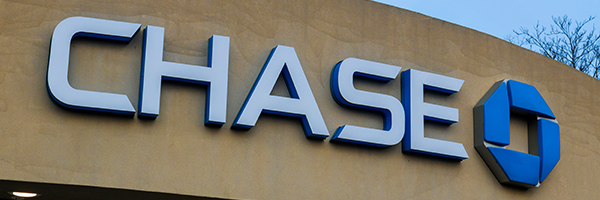“I don’t think anybody should leave any bank earnings call this quarter simply feeling like the worst is absolutely behind us and it’s a rosy path ahead,” Citigroup (C) CEO Michael Corbat said this morning as he announced the bank’s second quarter earnings. “We don’t want people leaving the call simply thinking the world is a great place and it’s a V-shaped recovery.”
Citigroup and its peers JPMorgan Chase (JPM) and Wells Fargo (WFC) followed up those words by putting aside a mountain of cash as reserves against tough times ahead. The three banks set aside almost $28 billion for bad loans in the second quarter. That’s a total surpassed only by the last three months of 2008, during the depths of the global financial crisis.
The worst news came from Wells Fargo. Nonperforming loans jumped 22% from the first quarter, largely driven by loans to the oil and gas and commercial real estate sectors. The bank boosted its reserve for credit losses by $8.4 billion in the quarter. Revenue at the bank fell to $17.8 billion in the quarter from $21.6 billion in the second quarter of 2019. That drop plus the boost to loan loss reserves sent Wells Fargo to its first quarterly loss ($2.4 billion) in more than a decade. The bank also cut its dividend, as expected by Wall Street, for the quarter to 10 cents a share from 51 cents. Wells Fargo shares dropped by 5.98% in morning trading.
Citigroup managed to increase revenue by 5% in the quarter on the strength in its investment banking and trading units. (Revenue from the bank’s fixed income unit rose 68%.) But earnings fell more than 70% to $1.32 billion in the quarter from $4.8 billion in the first quarter of 2019. The bank added a relatively modest $3.5 billion to reserves in the quarter.
JPMorgan Chase, the country’s largest bank, reported that its quarterly profit fell more than 50% year over year to $4.7 billion as it added $8.9 billion to reserves. But market volatility helped boost the bank’s trading business to a record 79% jump in quarterly revenue.
None of this was actually the worst news from today’s bank earnings reports. Bank officials stressed that consumer credit turned in a decent performance during the period as many customers were able to pay mortgages and credit card debt on time. Thanks to coronavirus income programs such as enhanced unemployment benefits, the $1200 one-time stimulus checks, and the Paycheck Protection Program for small businesses–and payment-deferrals from the banks– consumers were able to stay current on debts. For example, JPMorgan Chase said delinquencies in its biggest consumer loan categories were down or unchanged from a year earlier, and a majority of credit-card and mortgage customers who got deferrals had still made payments.
But the true damage of the coronavirus recession is still to come, bank officials stressed. “This is not a normal recession. The recessionary part of this you’re going to see down the road,” JPMorgan Chase CEO Jamie Dimon said. “You will see the effect of this recession. You’re just not going to see it right away because of all the stimulus.”
Especially, the banks said, if current stimulus programs expire at the end of July and Congress doesn’t act to extend or replace them.
As of 2 p.m. New York time, shares of Citigroup were trading 3.45% lower. JPMorgan Chase was up 0.16%. Wells Fargo was off 5.49% to $24.01.


